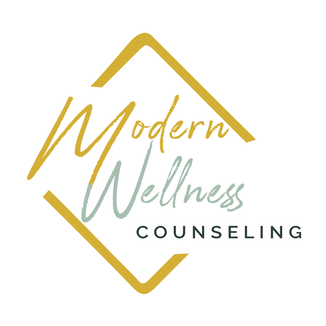Talking about what turns you on can feel a little embarrassing or awkward if you are not comfortable with conversations being about you, more specifically, if you sometimes feel guilty or selfish to verbalize ways you enjoy feeling good.
Why talk about what turns you on?
Sure, things sexually with your partner may be going well, but if you are wanting to feel more intimate, feel a deeper connection, or take things to the next level with your partner, communicating about your sexual desires and what turns you on can be helpful. Remember, your partner is not a mind reader and the only way for them to do the things you enjoy, is if you communicate them. Talking about what you enjoy and what turns you on can be a way to also take care of yourself because you are sharing about you and your interests.
What if I do not know what turns me on?
It is okay if you have not explored this and found what turns you on. Taking time to explore this either individually or with your partner can be part of the fun. Start off with what helps you relax or what you would consider sexy or romantic. This is considered a testing phase, so if something does not work or do you not enjoy it as you maybe thought you would, it is okay.
Where do I even start on communicating my turn-ons?
Some things to consider are to start off where your mood is. The saying “I’m just not in the mood” does have some truth to that. Being sad, tired, busy, irritated is not a turn-on, but maybe identifying this mood, then allowing yourself to relax by getting a massage from your partner, cuddling for a little bit, or cleaning up right away around the house can be considered a turn on. Sometimes even taking some time to be alone and decompress can be helpful as well. Again, going back to exploring what works for you and communicating with your partner if you need help in making this happen will go a long way. Be sure to share 1) what is a turn off (i.e. coming home to a cluttered home) and 2) what helps alleviate this and is considered a turn on (i.e. partner helping pick up without having to ask).
Brakes vs. Accelerators
Emily Nagoski, author of Come as You Are (The Surprising New Science that Will Transform Your Sex Life), does an excellent job in explaining how people have sexual brakes (i.e. turn offs) and sexual accelerators (i.e. turn-ons) and how the sensitivity of these brakes and accelerators vary from person to person. The key is to first figure out where you stand with these brakes and accelerators and sharing that with your partner. There is nothing wrong with you if it is hard to “be in the mood” when the house is cluttered and you feel overwhelmed with your to-do lists, this means that your sexual brakes are more sensitive than others, and what you need is to find ways to alleviate those brakes. Communicating what helps and does not help to be “in the mood” gives couples a way to feel on the same page when it comes to intimacy. What I have heard many times in my office is for the person who is saying no to sex sometimes feels guilty or shameful that they are not in the mood. For the person who is trying to initiate sexual intimacy sometimes feels frustrated because they do not know what to do to help and/or feel rejected and overtime will stop trying. Increasing communication about sexual intimacy, and more importantly, what turns you on, can help both partners in gaining clarity. With these conversations, remember the importance of respecting what you and your partner feel comfortable with and the importance of consent. Communicating about what turns you on does not mean that you are instructing your partner to do that at that moment. It is simply a time you are sharing to learn more about each other and opening the door to explore something new together.






